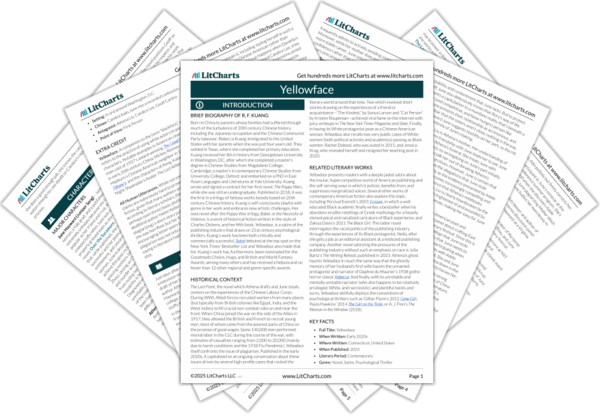The images’ specificity scares June for good reason—she hasn’t discussed her fears with anyone. Only she and Geoff know the truth, and he’s leaving her alone. Her guilty conscience is doing most of the work, however, since the pictures are amateurish and heavy-handed. They’re mostly successful in spooking June because she’s predisposed, at this moment, to being spooked. Note how her own paranoia and her incredibly online life make her vulnerable to the harassment of whoever is behind the account.
